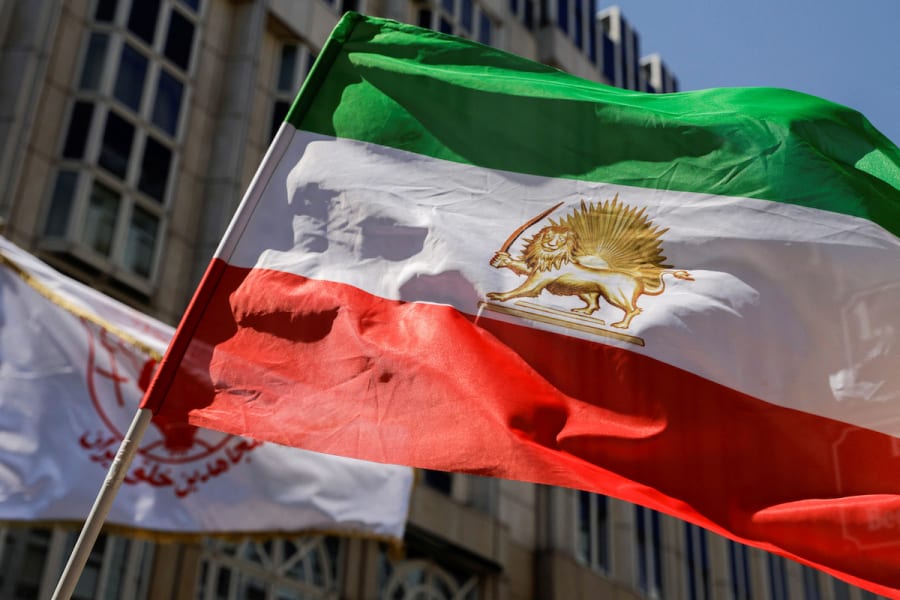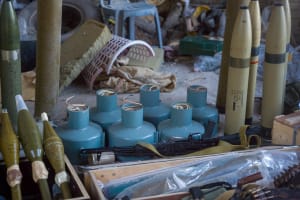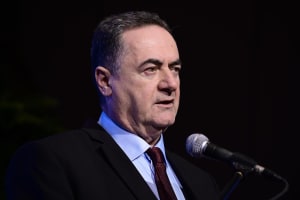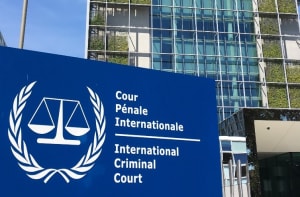EU submits ‘final text’ of Iran nuclear deal for approval by Washington, Tehran
E.U. foreign policy chief: "What can be negotiated has been negotiated, and it’s now in a final text"

Four days of negotiations in Vienna to revive the Iran nuclear deal of 2015 have concluded with the best offer world powers have been able to forge for Iran over the past 15 months.
Iran and the other world powers – the United States, the United Kingdom, France, Germany, China and Russia – have sent delegations to discuss the final offer put forward last week by the European Union. E.U. Foreign Policy Chief Josep Borrell deemed it the “best possible feasible deal” and called on Iran to make up its mind on the matter.
“It is not a perfect agreement, but it addresses all essential elements and includes hard-won compromises by all sides,” Borrell said.
Borrell stated on social media on Monday that the negotiators used the U.S.-Iran proximity talks and discussions “to fine tune and address – with technical adjustments – a handful of issues remaining in the text that I have put on the table last July 21, as coordinator of the #JCPOA nuclear deal.”
“What can be negotiated has been negotiated, and it’s now in a final text,” Borrell said.
According to the top diplomat, there are still some technical issues and political decisions that will be taken back to the capitals for further discussion.
“If these answers are positive, then we can sign this deal,” he wrote.
The final draft Borrell presented outlines the framework that the U.S. and Iran should follow in order to return to full compliance with the original JCPOA. The E.U. expects to see answers from the capitals “within weeks,” according to reports from Vienna.
A U.S. State Department spokesperson told CNN that the U.S. stands “ready to quickly conclude a deal on the basis of the E.U.’s proposals.”
An Iranian Foreign Ministry official told the state-run IRNA news agency on Monday that “given the continuation of discussions on some remaining important issues, we’re not yet at a stage to finalize the text. Iran has presented its constructive views to the other party so as to move forward and the result is up to their political decision. We believe (the Vienna talks) can be closed soon, provided that the other party makes an appropriate decision. But we are not there yet.”
Indirect talks between the U.S. and Iran reached a stalemate recently after Iran demanded that the Islamic Revolutionary Guard Corps be removed from the State Department’s list of foreign terrorist organizations.
Another sticking point in the negotiations involves U.S. guarantees that a future Republican wouldn’t withdraw from the deal again, as former U.S. President Donald Trump did in May 2018.

Tal Heinrich is a senior correspondent for both ALL ISRAEL NEWS and ALL ARAB NEWS. She is currently based in New York City. Tal also provides reports and analysis for Israeli Hebrew media Channel 14 News.













